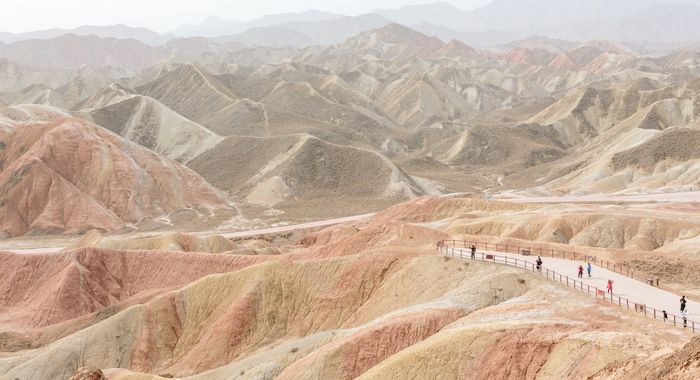Journalism // Outlaws in the Arctic (SUITCASE Magazine Vol. 29)
I arranged a trip for myself and photographer Johan Lolos to the Lofoten Islands in Norway to participate in the hotel Holmen's "Kitchen on the Edge of the World", a seasonal culinary retreat run in partnership with the chef Valentine Warner with a rotating calendar of other star chefs. For this summer solstice edition we were joined by renowned fish chef Nathan Outlaw, cocktail wizard Nick Strangeway and Bridget Nicholls, the founder of the insect festival Pestival. In addition to lots of feasting, during the four-day trip we also took part in workshops in cookery, knife-making and pottery, went hiking, fishing and kayaking, and listened to talks and performances by a local string quartet. Read the full article here: https://suitcasemag.com/articles/outlaws-arctic-fishing-foraging-edge-of-world

